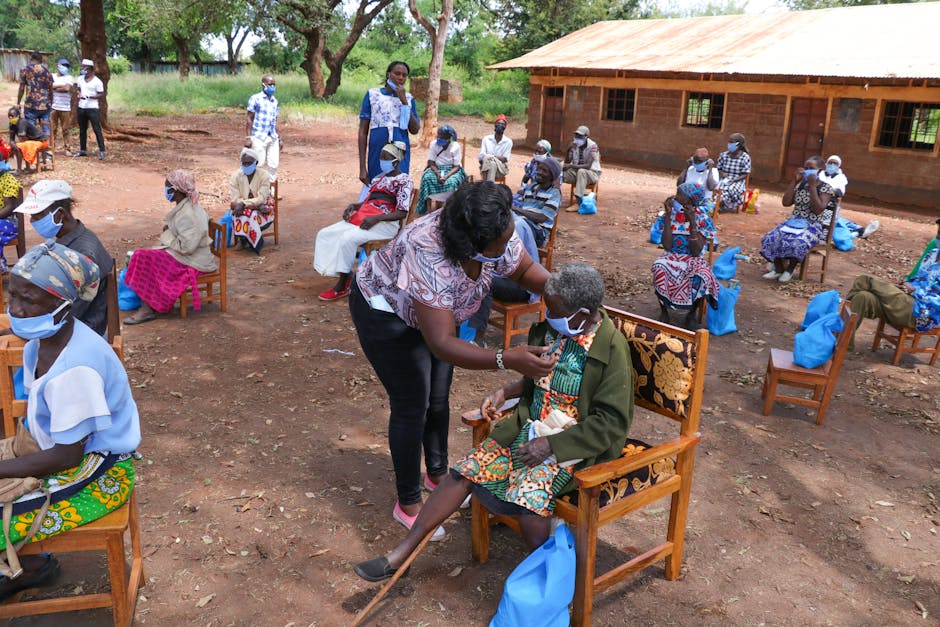The Magic of Indigenous Communities: Why Supporting Them is Essential for Travelers
Hello readers, welcome to my blog! As a travel writer, I have been fortunate enough to explore many beautiful destinations and immerse myself in different cultures. However, one thing that has always stood out to me is the importance of supporting indigenous communities.
Preserving Culture and Traditions
When we travel, we often seek out authentic experiences that allow us to truly understand a place and its people. And what better way to do that than by supporting indigenous communities? These communities have a rich and unique culture that has been passed down for generations. By supporting them, we are not only helping them preserve their traditions, but we are also giving ourselves the opportunity to learn from them.
For instance, when I visited the Valley of the Latte in Guam, I was able to witness the Chamorro people’s traditional way of life. They showed me how they make coconut oil, weave baskets, and even taught me some of their dances. It was a truly memorable experience that I couldn’t have had anywhere else.
Empowering Indigenous Communities
Many indigenous communities rely on tourism as a source of income, especially those living in remote areas. By supporting their businesses and buying their handmade crafts, we are helping to empower these communities economically. This, in turn, allows them to continue living on their ancestral lands and preserve their way of life.
I remember visiting the Kayapo people in the Amazon rainforest. They run a community-owned ecotourism project, where visitors can stay in their villages and learn about their culture and conservation efforts. The income from ecotourism has allowed them to protect their land from deforestation and maintain their traditional way of life.
Supporting Sustainable Tourism
Indigenous communities have a deep connection with their land and are often the best guardians of the environment. By supporting them, we are also promoting sustainable tourism. These communities have a vested interest in preserving their natural surroundings and often have eco-friendly practices in place. This means that by visiting and supporting them, we can travel in a more responsible and sustainable way.
During my trip to Thailand, I stayed in a hill tribe homestay run by the Karen people. They showed me how they live in harmony with nature and taught me about their sustainable farming practices. It was eye-opening to see how they have managed to maintain their way of life for centuries without harming the environment.
Preserving Indigenous Languages
Many indigenous communities have their own languages, which are an integral part of their culture. However, with the influence of global languages, these indigenous languages are at risk of disappearing. By supporting these communities, we are also helping to preserve their languages. When we visit and learn from them, we are showing that their culture and language are valuable and worth protecting.
During my trip to New Zealand, I had the opportunity to visit a Maori village and learn some basic phrases in their language. It was a small gesture, but it meant a lot to the community and showed my respect for their culture.
Respecting Indigenous Rights
Unfortunately, indigenous communities around the world have faced many challenges, including discrimination and loss of land rights. By supporting these communities, we are also standing up for their rights and showing our solidarity. When we visit and engage with them, we are acknowledging their presence and their struggle.
I remember visiting the Grand Canyon and learning about the Havasupai tribe’s ongoing battle to protect their ancestral lands from mining companies. By staying at their lodge and hiking to their waterfalls, I was contributing to their economy and showing my support for their cause.
Final Thoughts
In conclusion, supporting indigenous communities is not only important for preserving their culture and traditions, but it also has a positive impact on the environment and the community’s well-being. As travelers, we have the power to make a difference and support these communities in a meaningful way. So next time you plan a trip, consider including a




